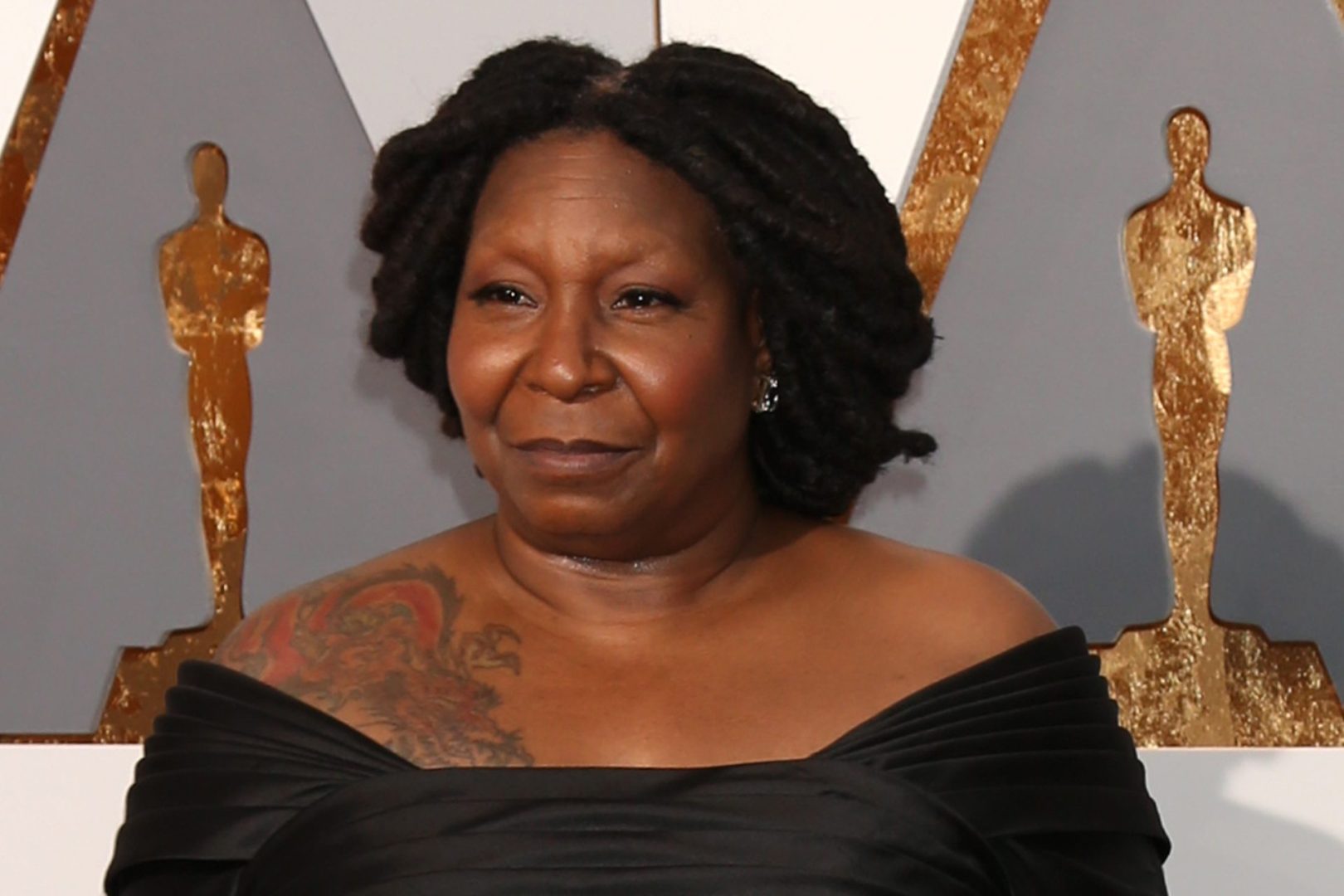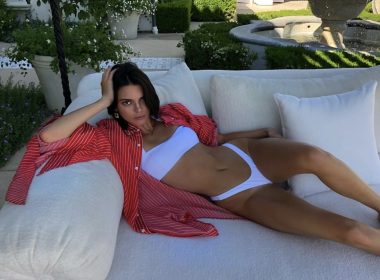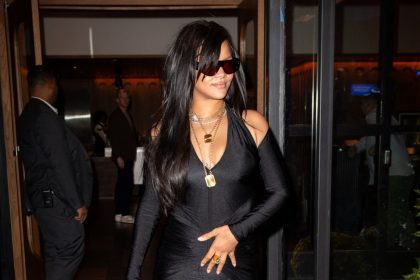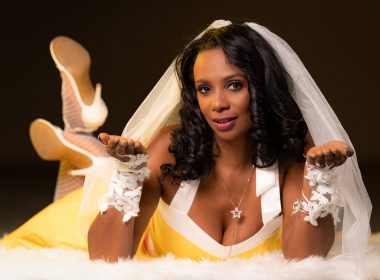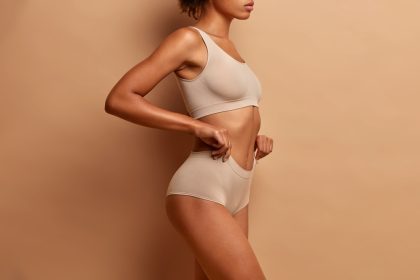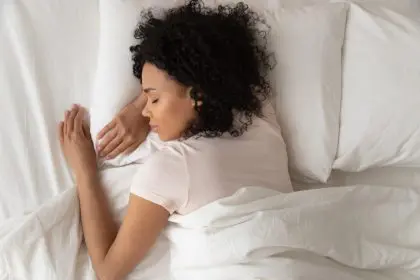Tight clothes can be fashionable and flattering, but there are occasions when they may not be the best choice for men and women. Choosing the right attire for different events is crucial to making a good impression and feeling comfortable. This article will explore the occasions where tight clothes may not be appropriate and why.
Formal business meetings
In formal business settings, the emphasis is on professionalism and competence. Wearing tight clothes can sometimes detract from that image. Here’s why:
The need for professionalism
Formal business meetings require a professional appearance that tight clothing may undermine. Business attire should convey a sense of authority and respect. Tight clothes can appear too casual or distracting, which might not align with the professional image one aims to project.
Comfort and focus
Tight clothes can be uncomfortable, especially during long meetings. Discomfort can lead to distraction, making it difficult to focus on the discussion. Loose-fitting, tailored attire ensures comfort and allows individuals to concentrate fully on their professional tasks.
Religious ceremonies
Religious ceremonies often come with specific dress codes that emphasize modesty and respect. Wearing tight clothes in such settings might be deemed inappropriate.
Cultural and religious sensitivities
Different cultures and religions have varying standards for what is considered respectful attire. Tight clothes can sometimes clash with these standards, leading to discomfort or offense. It’s important to dress modestly to show respect for the beliefs and practices of the religious community.
Creating a respectful atmosphere
Wearing modest, loose-fitting clothes helps create an atmosphere of reverence and respect during religious ceremonies. This shows consideration for the sanctity of the occasion and the feelings of other attendees.
Funerals and memorial services
Funerals and memorial services are somber events where the focus should be on paying respects to the deceased and supporting their loved ones. Tight clothes might not be suitable for such occasions.
Emphasizing respect and sobriety
Funerals require attire that reflects the seriousness and solemnity of the occasion. Tight clothes can be seen as too casual or attention-seeking, which might be inappropriate in this context. Opting for more conservative, loose-fitting attire shows respect for the grieving process.
Comfort and practicality
These events can be emotionally draining and may involve extended periods of standing or sitting. Comfortable, loose-fitting clothes can help attendees focus on the proceedings and offer support without being distracted by physical discomfort.
Job interviews
First impressions are crucial during job interviews, and attire plays a significant role in shaping those impressions. Tight clothes might not be the best choice for this momentous occasion.
Projecting professionalism
Job interviews require candidates to present themselves as professional and competent. Tight clothes can sometimes appear too casual or unprofessional. Wearing well-fitted, conservative attire helps create a positive and lasting impression on potential employers.
Avoiding distractions
Tight clothes can be distracting for both the interviewer and the interviewee. Ensuring that clothing is comfortable and appropriate allows both parties to focus on the conversation and the candidate’s qualifications rather than their appearance.
Family gatherings and reunions
While family gatherings are generally more relaxed, there are still instances where tight clothes might not be suitable.
Comfort and appropriateness
Family gatherings often involve various activities, from sitting around and chatting to playing games or helping with meals. Tight clothes can be restrictive and uncomfortable in such settings. Choosing more relaxed and comfortable attire ensures ease of movement and enjoyment of the occasion.
Respect for family members
Different family members might have varying comfort levels and opinions on attire. Wearing tight clothes might make some family members uncomfortable or lead to unnecessary attention. Opting for more moderate clothing choices shows consideration for the feelings and preferences of all attendees.
Weddings
Weddings are special occasions where the focus should be on the bride and groom. Guests attending such events might not be appropriate for wearing tight clothes.
Respecting the dress code
Many weddings have specific dress codes that guests are expected to follow. Tight clothes might not match the requested attire, especially if the wedding is formal or semi-formal. Adhering to the dress code shows respect for the couple’s wishes and the event’s significance.
Ensuring comfort and elegance
Weddings can be long events involving ceremonies, receptions, and dancing. Tight clothes can become uncomfortable and restrictive over time. Choosing elegant yet comfortable attire allows guests to participate fully and enjoy the celebration.
Conclusion
Choosing the proper attire for different occasions is essential to show respect, ensure comfort, and make a positive impression. While tight clothes can be fashionable and suitable for some events, they are not always appropriate. More conservative and comfortable clothing choices are preferred for formal business meetings, religious ceremonies, funerals, job interviews, family gatherings, and weddings. By considering the context and expectations of each event, men and women can dress appropriately and feel confident in their attire.
This story was created using AI technology.


